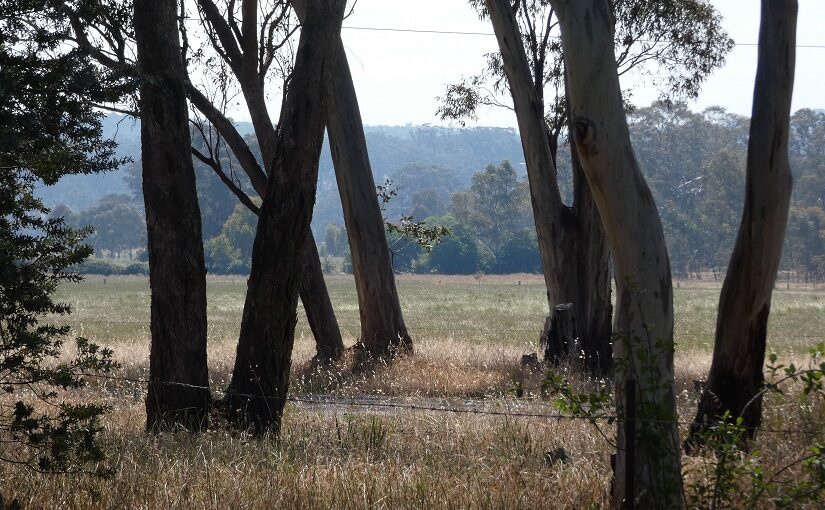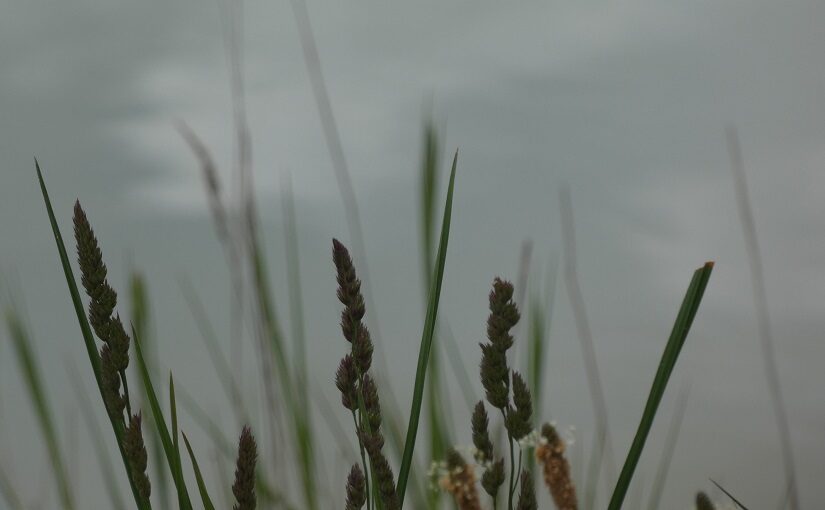We might, increasingly, be living our lives by way of technology’s various portals, but isn’t the real world still out there being affected by all our choices? This sense in which, distracted by the overwhelming challenges or opportunities we’re facing, we might not see all the impacts we’re having and trends we’re forming part of out in the world around us. Yet aren’t we still responsible for all that we do?
Isn’t that where we stand, as humans? Expected to understand the world, foresee consequences, and act wisely with regard to all that’s shaped by our actions. Our ideas on “life” and what’s acceptable within it “becoming” the paths we walk through reality, the choices we’re making and picture all that is painting within the situations surrounding us – our values and priorities clearly on display. (Notes One)
If freedom is to think and do as we please, isn’t that an incredible responsibility? If we’re to understand the complex realities our lives now feed into, then act intentionally and compassionately within them, the value of all we’re letting into our minds seems essential. Isn’t it important we know what we’re doing? If we’re supposed to be using our personal judgement in navigating these choppy waters.
Sometimes it seems quite incredible, the position modern humanity’s finding itself in: all we’re expected to process, filter out, integrate and work with. As if our role is to maintain the ability to form reliable conclusions within this ever-changing reality. Our minds being this threshold between all we take in and all we decide to act upon – suggestions, accepted, becoming what we create through our involvement. (Notes Two)
Of all the thoughts we have in mind, how much do we really mean to weave into reality? Which values are we choosing to act on? How thorough an understanding of humanity’s convoluted path to the present are we aware of in how we interact with one another? Do we truly know all it is to be human – the different beliefs, intentions and phases of life people are working within?
Might it not be that, caught up in the novelty and stress, we’re not stepping back to grasp what’s actually going on? Not quite noticing humanity, broken apart, unable to relate, losing grip on what those before were hoping to bring to life through all that was set in motion around us. As if, swept by the tide, we might be so overwhelmed by isolated struggles that we lose sight of where we’re going. (Notes Three)
Maybe things are now so complicated that it’s naïve to expect many to understand what we’re involved in – all the hidden connections or causalities playing out behind the scenes. “Can” we bypass our intelligence and leave things in the hands of those which such insight, though? If we’re not able to use our own minds, expected instead to defer to something we’re told, how is that sufficient?
If we’re involved in creating reality, is it not better we act deliberately within it?
Notes and References:
Note 1: Understanding & staying informed
Note 1: Values, and what’s in evidence
Note 1: Is this complicated or relatively simple?
Note 1: What we create by our presence
Note 2: How are we supposed to choose?
Note 2: The incredible responsibility of freedom
Note 2: All we concern ourselves with & encourage
Note 2: Understanding what we’re all part of
Note 3: Is there any end to the power of thought?
Note 3: Do we live in different worlds?
Note 3: Does technology oversimplify things?
Note 3: Pace of change & getting nowhere fast










